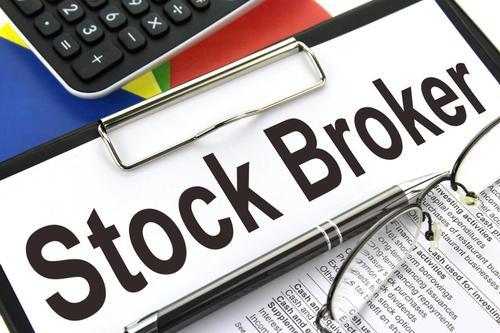Stock & Equity

What Is a Stock?
A stock (also known as equity) is a security that represents the ownership of a fraction of a corporation. This entitles the owner of the stock to a proportion of the corporation's assets and profits equal to how much stock they own. Units of stock are called "shares."
Stocks are bought and sold predominantly on stock exchanges, though there can be private sales as well, and are the foundation of many individual investors' portfolios. These transactions have to conform to government regulations which are meant to protect investors from fraudulent practices. Historically, they have outperformed most other investments over the long run. These investments can be purchased from most online stock brokers. Stock investment differs greatly from real estate investment.
Key Takeaways
A stock is a form of security that indicates the holder has proportionate ownership in the issuing corporation. Corporations issue (sell) stock to raise funds to operate their businesses. There are two main types of stock: common and preferred. Stocks are bought and sold predominantly on stock exchanges, though there can be private sales as well, and they are the foundation of nearly every portfolio.
Understanding Stocks
Corporations issue (sell) stock to raise funds to operate their businesses. The holder of stock (a shareholder) has now bought a piece of the corporation and, depending on the type of shares held, may have a claim to a part of its assets and earnings. In other words, a shareholder is now an owner of the issuing company. Ownership is determined by the number of shares a person owns relative to the number of outstanding shares. For example, if a company has 1,000 shares of stock outstanding and one person owns 100 shares, that person would own and have claim to 10% of the company's assets and earnings.
Stock holders do not own corporations; they own shares issued by corporations. But corporations are a special type of organization because the law treats them as legal persons. In other words, corporations file taxes, can borrow, can own property, can be sued, etc. The idea that a corporation is a “person” means that the corporation owns its own assets. A corporate office full of chairs and tables belongs to the corporation, and not to the shareholders.
This distinction is important because corporate property is legally separated from the property of shareholders, which limits the liability of both the corporation and the shareholder. If the corporation goes bankrupt, a judge may order all of its assets sold – but your personal assets are not at risk. The court cannot even force you to sell your shares, although the value of your shares will have fallen drastically. Likewise, if a major shareholder goes bankrupt, she cannot sell the company’s assets to pay off her creditors.
Stockholders and Equity Ownership
What shareholders actually own are shares issued by the corporation; and the corporation owns the assets held by a firm. So if you own 33% of the shares of a company, it is incorrect to assert that you own one-third of that company; it is instead correct to state that you own 100% of one-third of the company’s shares. Shareholders cannot do as they please with a corporation or its assets. A shareholder can’t walk out with a chair because the corporation owns that chair, not the shareholder. This is known as the “separation of ownership and control.”
Owning stock gives you the right to vote in shareholder meetings, receive dividends (which are the company’s profits) if and when they are distributed, and it gives you the right to sell your shares to somebody else.
If you own a majority of shares, your voting power increases so that you can indirectly control the direction of a company by appointing its board of directors. This becomes most apparent when one company buys another: the acquiring company doesn’t go around buying up the building, the chairs, the employees; it buys up all the shares. The board of directors is responsible for increasing the value of the corporation, and often does so by hiring professional managers, or officers, such as the Chief Executive Officer, or CEO.
For most ordinary shareholders, not being able to manage the company isn't such a big deal. The importance of being a shareholder is that you are entitled to a portion of the company's profits, which, as we will see, is the foundation of a stock’s value. The more shares you own, the larger the portion of the profits you get. Many stocks, however, do not pay out dividends, and instead reinvest profits back into growing the company. These retained earnings, however, are still reflected in the value of a stock.
Common vs. Preferred Stock
There are two main types of stock: common and preferred. Common stock usually entitles the owner to vote at shareholders' meetings and to receive any dividends paid out by the corporation. Preferred stockholders generally do not have voting rights, though they have a higher claim on assets and earnings than the common stockholders. For example, owners of preferred stock (such as Larry Page) receive dividends before common shareholders and have priority in the event that a company goes bankrupt and is liquidated.
